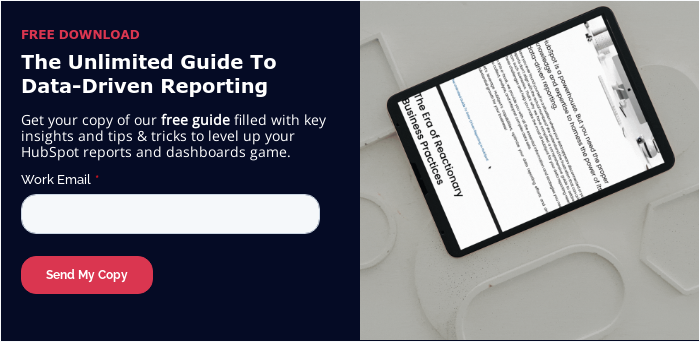As a professional marketer, I've spent countless hours trying out (and cobbling together) different marketing tools and platforms. One platform that has consistently impressed me is HubSpot Marketing Hub.
With its robust set of features on one platform, it's no wonder that HubSpot has become one of the most popular suites of marketing tools on the market.
Overview of Key Features
HubSpot Marketing Hub provides a comprehensive suite of features that make it easy for digital marketers, field marketers, and growth specialists to excel in their daily tasks. Some key features include:
- Lead Capture and Management: Tools for capturing leads through forms, landing pages, and pop-ups, and managing them within a centralized database.
- Email Marketing: Robust email marketing capabilities, including email design, personalization, automation, and analytics.
- Content Management: A content management system (CMS) that allows for the creation, customization, and optimization of website content.
- Social Media Management: Tools for managing and publishing content across social media platforms, social listening, and analytics.
- Marketing Automation: Automation workflows, lead nurturing, behavior-based triggers, and personalized customer journeys.
- Analytics and Reporting: Comprehensive analytics and reporting features to measure campaign performance, track KPIs, and derive actionable insights.
What Makes Marketing Hub So Special?
Let's dive into some of its best features:
1. All-in-one marketing platform: HubSpot Marketing Hub brings all your marketing efforts under one roof, making it easy to manage campaigns, track performance, and optimize for better results. With tools for email marketing, social media, blogging, and more, you can create a comprehensive marketing strategy in one place.
2. Powerful analytics & reporting: HubSpot gives you detailed analytics and insights into how your marketing efforts are performing. You can track website traffic, email open rates, click-through rates, and more. Plus, with HubSpot's attribution reporting, you can see which channels are driving the most conversions.
3. Personalization: No sketchy WordPress plugins needed. With HubSpot Marketing Hub, you can create personalized experiences that update with your audience. Using data like location, device type, and past behavior, you can tailor your messaging to each individual user. This can lead to higher engagement and better conversion rates.
4. CRM integration: HubSpot Marketing Hub integrates seamlessly with HubSpot's CRM, Sales Hub, and their website builder CMS Hub, allowing you to track customer interactions across multiple channels. This can help you better understand your customers' needs and preferences, and can even lead to better upselling and cross-selling opportunities.
5. Automation: HubSpot Marketing Hub's automation features allow you to set up workflows that take care of repetitive tasks, like sending welcome emails or creating social media posts. This frees up time for more strategic tasks, like optimizing your campaigns for better performance.

Wrapping Up
HubSpot Marketing Hub is a powerful tool that can help you streamline your marketing efforts and achieve better results. From lead generation to automation, analytics, and integration with other Hubs, such as the Sales CRM Software.
Start The Conversation
Whether you're a small business owner or a seasoned marketing professional, HubSpot has something to offer. Connect with our Solutions Advisors today to explore what moving to HubSpot might mean for your business.
Schedule a call now and start unlocking your team's full potential.